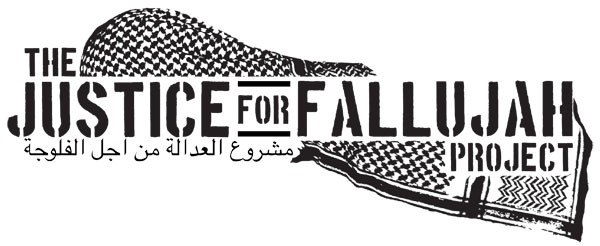*This article was orginaly published on guardian.co.uk on 3/27/2004*
Iraq's death toll climbs over weekend as US forces clash with guerrillas
By Patrick Graham in Falluja
A spate of violent clashes has left 22 people dead across Iraq this weekend as fighting erupted between US forces and guerrillas armed with mortars and rocket-propelled grenades.
In Baghdad yesterday, five Iraqis were injured when a bomb exploded on a street. US troops sealed off the area.
In Tikrit a three-year-old boy died yesterday after being shot by US troops when the car in which he was travelling failed to stop at a checkpoint.
Rebels in Mosul fired a rocket at a government building yesterday, killing two civilians and wounding 14 others.
But it was Falluja where the fiercest fighting raged as marines and guerrillas fought for hours through the alleys of the city, leaving one marine, at least six Iraqi civilians, including an 11-year-old boy, and a television cameraman dead.
In the fighting, which began on Friday, 25 Iraqis and five marines were injured.
By Saturday morning, all the main roads into Falluja were blocked by US soldiers. Light armoured vehicles and Humvees were positioned around the sprawling suburb where the fighting had taken place.
After promising a new approach to the resentful population of Falluja, US Marines seem to be making the same mistakes as their predecessors, the US 82nd Airborne who moved out of Falluja on Wednesday. Last April the 82nd killed 18 protesters over two days of fighting. In the first six months of the occupation, it killed at least 40 civilians and police in and around the city.
The Americans have never recovered the trust of the people following those deaths, and within a few months a full-scale insurgency had erupted across the province of Al Anbar. By early autumn, the US army had virtually lost control of the area around Falluja and has not managed to regain the upper hand. American soldiers are now rarely seen outside their vehicles without helicopter and tank support.
But Friday's sweep through the city was seen by many residents as a display of power by their latest occupiers, the Marine Expeditionary Force.
'On Thursday there was an attack that killed an American soldier - this [Friday's sweep] was revenge,' said Mohammed Albalwa, the president of the Falluja City Council. 'They want to prove they are strong and show they are in control. But they can't control Falluja.'
Exactly what happened on Friday in the Askadari area is unclear. At the wake of one of the dead, the mourners were adamant that there had been no fighting between insurgents and marines.
'The Americans came here at 9 am, shooting everywhere after a bomb went off a few hours earlier,' said Tahir Mukhlif Abdullah, at the wake of his nephew, Shakir Mahmoud Mukhlif.
According to Tahir, Shakir, a 32-year-old shopkeeper, ran next door when he saw his friend Adil shot outside his gate. As he bent over his friend, he was shot in the head. At Adil's house, dark stains run down the driveway onto the street.
'When the shooting started, Adil went out to the gate to see what was happening and there were three shots,' said Jusuf, one of Adil's brothers. According to the family, US marines came to the house and stayed for half an hour, taking photos and talking to the family.
'I'm sorry, sorry,' said Jusuf, repeating what a soldier said to him in English. Jusuf said the officer told him to go to the base and complain about the deaths.
During the handover of control from the 82nd Airborne to the marines, the new commander had promised a different approach.
'We think we will see the day when we are playing soccer with them,' said General James Conway. 'But it won't be in a few weeks.'
When the marines first arrived one week ago, many people in Falluja were relieved. 'They are very good,' a sheikh who is hiding from the US army said. 'They knock on doors instead of kicking them down.'
